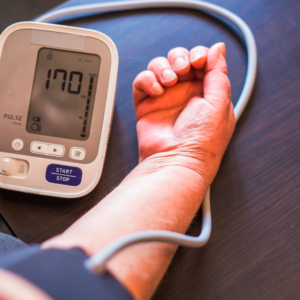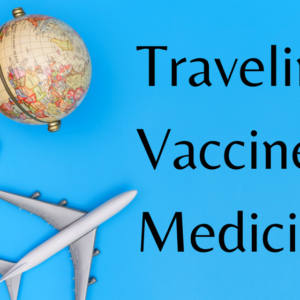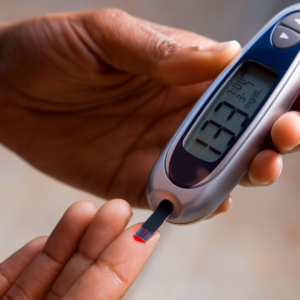Antibiotics – OTC Medications
Antibiotics are essential medicines, especially in developing countries where infectious diseases are a leading cause of mortality. Antibiotic misuse and overuse have also fueled the rise of antibiotic-resistant bacteria, resulting in a lack of potency for these medications.

Prescription medications can only be marketed to patients who hold a medical prescription. On the contrary, over-the-counter (OTC) drugs are sold directly to the public without the need for a prescription by a professional physician.
OTC medicines are chosen by a regulatory body in certain countries to guarantee that they produce products that are sterile and reliable when administered under the supervision of a physician. Oral antibiotics haven’t been permitted in the United States.
There have been, nevertheless, a few over-the-counter antibiotics that may be applied on the skin to help avoid infections from mild scratches, burns, and injuries, like:
- Bacitracin
- Neomycin(Neosporin Plus), which also consists of pramoxine, a moderate dulling agent.
- Polymyxin (Polysporin and generics)
For those with moderate acne, OTC topical antibiotics like benzoyl peroxide are also essential. Oxy-10 and Proactiv are examples of branded and generic names for benzoyl peroxide, which has a drying impact.

Precautions For Taking OTC Medications
Before starting an OTC medication, people with chronic health issues or who already take one or more prescribed medications should contact their online doctor. Contact the pharmacist, if not the primary care provider. Potential harmful medication reactions are simpler to detect if you fill all of your medications at the same pharmacy. If that fails, hold a chart of both the prescribed and over-the-counter drugs to present to the pharmacist.
While using an OTC medication, you can take the following measures, among others: Read the whole bottle, including the contents, dose, time limitations, and cautions; remember if the medication can be consumed with food or on an empty stomach; stop consuming vitamin-mineral supplements at the same time.
If you have an allergic or harmful reaction, note down the potential source so you can prevent the component in the future. You can also contact telehealth centers for further assistance.








